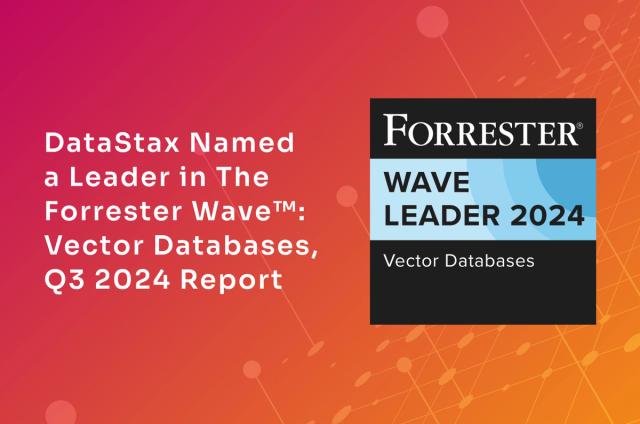Creating Value from Big Data, Right Now

About AMD: Advanced Micro Devices, Inc. (AMD) is an American multinational semiconductor company based in Santa Clara, California, that develops computer processors and related technologies for business and consumer markets.
The world is undergoing unprecedented change driven by big data and advances in communications technology.
The advent of big data has revolutionized analytics and data science by allowing enterprises to store, access, and analyze massive amounts of data of almost any type from any source. Simultaneously, billions of people (and things) came online, connecting to the internet and to each other, generating enormous amounts of new data in the process.
New generations of data-processing architectures took on the big data challenge by creating methods to store and access all this data in continuously growing data lakes. But the real challenge, of course, is to generate value from this data; to turn data into insight and insight into action. This, by itself, is a significant challenge, but the increasingly always-on, connected nature of society, with expectations to connect anywhere from any device with a seamless customer experience has given rise to a new class of systems.
DataStax Enterprise (DSE) implements a multi-workload, low-latency database at cloud-scale, enabling outstanding customer engagement and real-time personalization in order to create an unsurpassed customer experience from anywhere at any time.
The revolutionary AMD EPYC™ processor is perfectly suited to power this system. The AMD EPYC SoC brings a new balance to the data center. Utilizing an x86-architecture, EPYC brings together high core counts, large memory capacity, ample memory bandwidth, and massive I/O with the right ratios to help performance reach new heights.
DSE can handle transactional, search, and operational analytics workloads all running on the same cluster and possesses built-in workload isolation and replication capabilities that keep these workloads from competing for resources. EPYC’s innovative architecture is incredibly flexible, allowing you to match core count to the application need without compromising processor features. This balanced set of resources means more freedom to right-size the server configuration to the workload.
The revolutionary EPYC processor has gained significant momentum in the industry this year. It is truly exciting to see its adoption by major server vendors and cloud service providers. EPYC is now designed-in to over 50 server platforms, including those offered by HP, Dell EMC, Super Micro and Cisco.
Partnerships are critical to bringing the potential of EPYC for anyone who wants to leverage its unique blend of performance and features, and AMD is proud to partner with DataStax to create jointly validated and engineered solutions to meet today’s challenges head-on. For more information, check out the AMD and DataStax joint solution brief.
We are all here at Strata this week in New York. We invite you to stop by the AMD booth and come hear Jonathan Ellis, CTO of DataStax, on Thursday, September 13th at 3:30 pm as he discusses the strengths, weaknesses, and tradeoffs between open source Cassandra and cloud-hosted NoSQL offerings.




